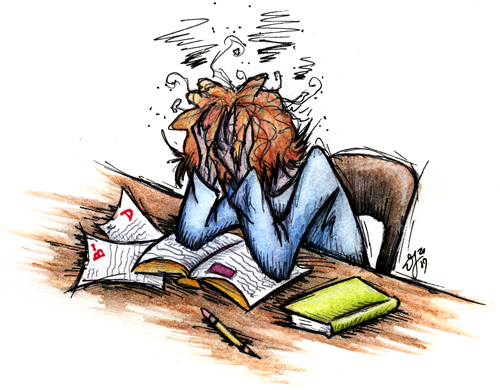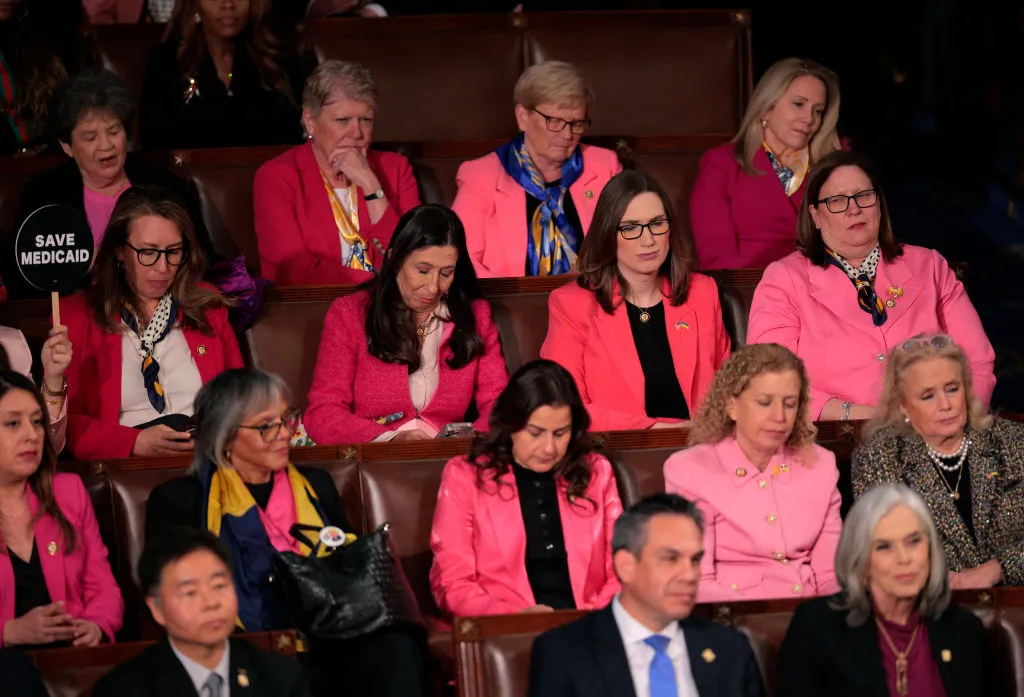Uneccessary Classes

December 16, 2016
School takes up the largest portion of childhood memories ever. Friendships are formed here, relationships begin (and end), drama unfolds, but most important of all, children learn and begin to earn their education. They form opinions and learned to think and do for themselves. They earn reputations, and placed themselves, or get placed, in social ranks. They choose what is important to them, and placed aside what they don’t see as valuable, or important to them. Over 49% fall students deal with the same stress levels, which increase anxiety, paranoia, and affects their daily routines, as shown in a recent study done by NYU. It also raises the chance of the student developing a mental disability or mental health problem. This causes extra, stress relieving activities to be done such as drug-use, alcohol consumption (underage as well), and many more things including suicide, causing depression, and cutting. Another study shows that today’s generation’s students have the same stress levels as a mental health patient from the 50’s. More than 50% of college freshmen require assistance from college counselors or their parents because they can not function alone, whether it be the fusion or the fear of not having an instruction manual placed in their hands, they are put into a sticky situation that no one seems to take action upon or help them and the future group. Last year alone 23% of students dropped out of college, and 37% of students failed because of outside influence. The 67% that graduated stated that what they gained from their education they thought would make up for every life skill they lacked in for the real world, which they should’ve learned in the place meant to prepare them for life.
What if schools dropped courses that weren’t vital for the real world, and added life essential courses that could make people more street smart, and not so much book smart? After interviewing a number of high-schoolers, adults, and children all ranging in ages, I found that these were the most difficult topics that they wish could be taught:
How do I hold a conversation with my boss, or a classmate? (senior)
How do I rent an apartment or a dorm for college? Do you even rent a dorm? (freshmen)
How am I supposed to handle the money I earn from my job and pay bills and get the things I want too? (junior)
How do I get in a romantic relationship and keep it going along with everything else? (junior high)
What do I do if I can’t afford a phone or computer straight out of high school? (sophomore)
What is and how do I get insurance? (freshmen)
CREDIT CARDS! (junior)
How do I cook, and how do I not burn the house down? (freshmen)
Can we teach some kids here manners? (freshmen)
What are the rules surrounding guns and self-defense without breaking the law? (sophomore)
How do I find a job? (sophomore)
(all statements have been edited for grammar and structure)
Many of the classes students take today are not going to help them in the future, so what if we replaced them with some of these courses above? The removed classes could become electives or online courses. They would be available to all high schoolers, not a specific grade. Students could retake the classes if they receive anything below a C. This would greatly benefit the quality of life for students outside of school as well. Imagine handing a 10-year-old the keys to a monster truck and leaving. At first, the kid would be ecstatic. He would sit in the drivers seat, honk the horn, blast the radio. Then he’d realize he didn’t know how to drive, nor could he reach the gas pedal. He couldn’t turn the car on, or drive it. All he could do was sit there and look cool in his huge truck that he has no clue how to work. Now, re-imagine it as high school graduates being the kid, and the truck being life, the real world, and the keys are graduation. No matter how badly some of us want to be out in the real world, and think we can take on anything, the truth of the matter is that we can’t, and we’re depending on the district and educational system to help us out here, and actually prepare us for life, not teach us about shapes, equations, functions, and life processes when we can barely do our own. Half the material is forgotten overnight, and more than half is never used in the real world, especially if it comes down to a survival situation.







